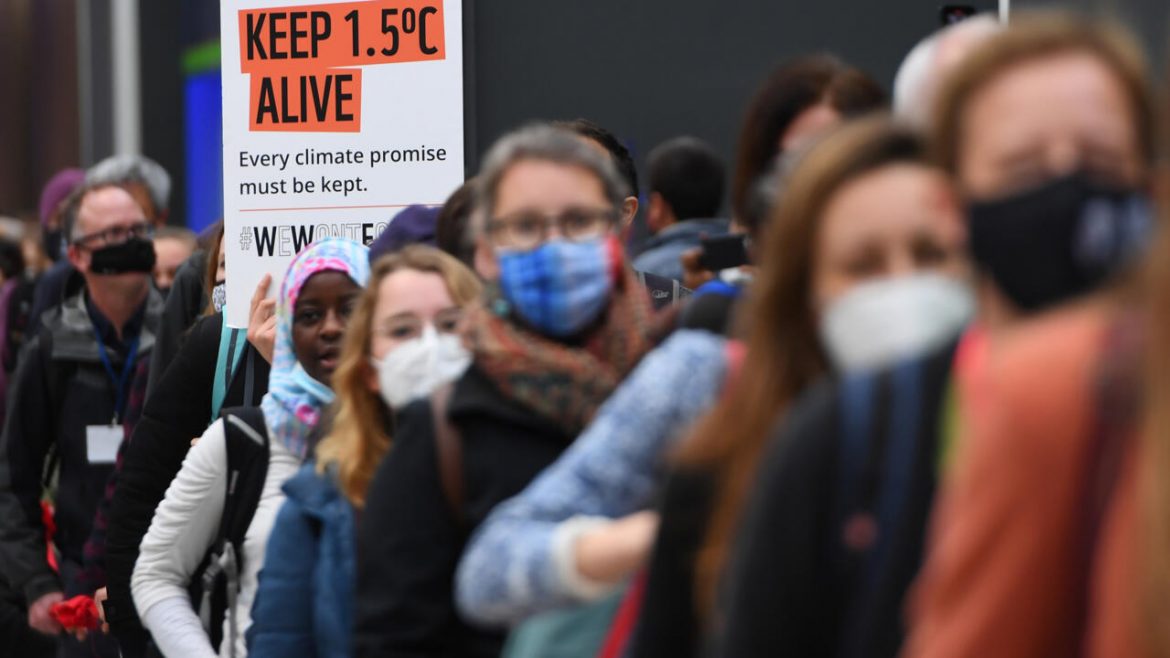Renowned climate scientist Prof James Hansen, who said that the international 2C target is “dead” has again said that the pace of global heating has been significantly underestimated.
A new analysis by Hansen and colleagues concludes that both the impact of recent cuts in sun-blocking shipping pollution, which has raised temperatures, and the sensitivity of the climate to increasing fossil fuels emissions are greater than thought.
The group’s results are at the high end of estimates from mainstream climate science but cannot be ruled out, independent experts said. If correct, they mean even worse extreme weather will come sooner and there is a greater risk of passing global tipping points, such as the collapse of the critical Atlantic ocean currents.
Hansen, at Columbia University in the US, sounded the alarm to the general public about climate breakdown in testimony he gave to a UN congressional committee in 1988.
“The Intergovernmental Panel on Climate Change (IPPC) defined a scenario which gives a 50% chance to keep warming under 2C – that scenario is now impossible,” he said. “The 2C target is dead, because the global energy use is rising, and it will continue to rise.”
Read also: Minister promises to spend £250m to top up England’s flood defences
The new analysis said global heating is likely to reach 2C by 2045, unless solar geoengineering is deployed.
The world’s nations pledged in Paris in 2015 to keep global temperature rise below 2C above preindustrial levels and to pursue efforts to limit it to 1.5C. The climate crisis has already supercharged extreme weather across the world with just 1.3C of heating on average in recent years destroying lives and livelihoods – 2C would be far worse.
Prof Jeffrey Sachs, also at Columbia University, said: “A shocking rise of warming has been exposed by, ironically, a reduction of pollutants, but we now have a new baseline and trajectory for where we are.”
Climate scientist Dr Zeke Hausfather, who was not part of the study, said it was a useful contribution. “It’s important to emphasise that both of these issues – [pollution cuts] and climate sensitivity – are areas of deep scientific uncertainty,” he said.
Story was adapted from the Guardian.
